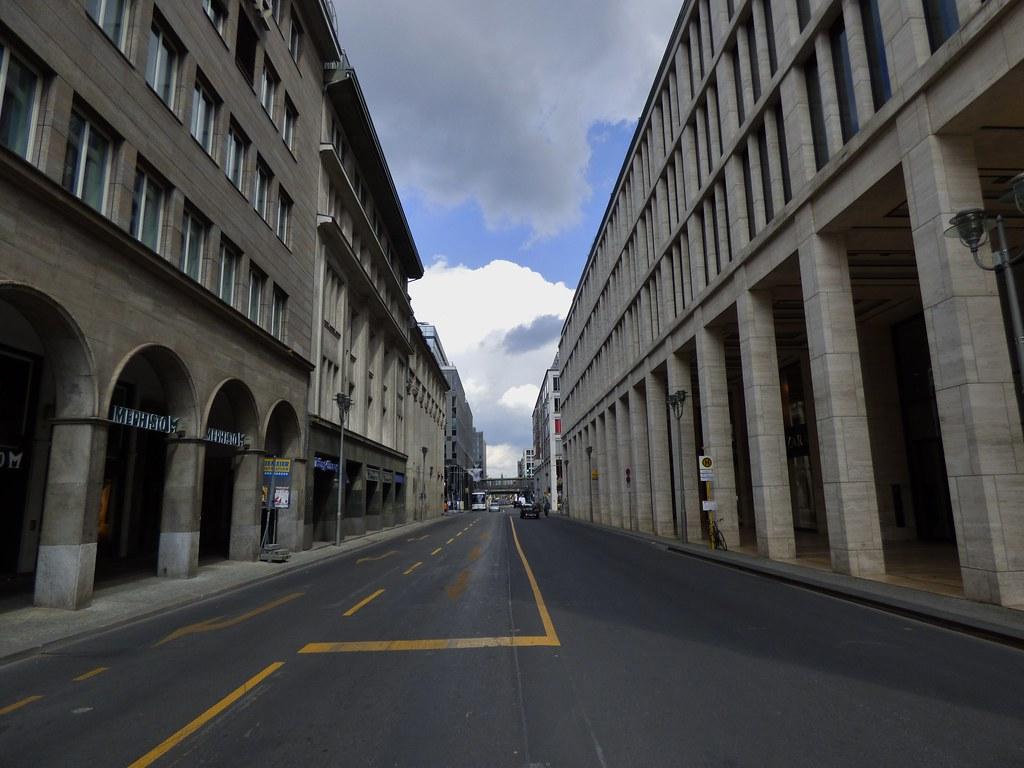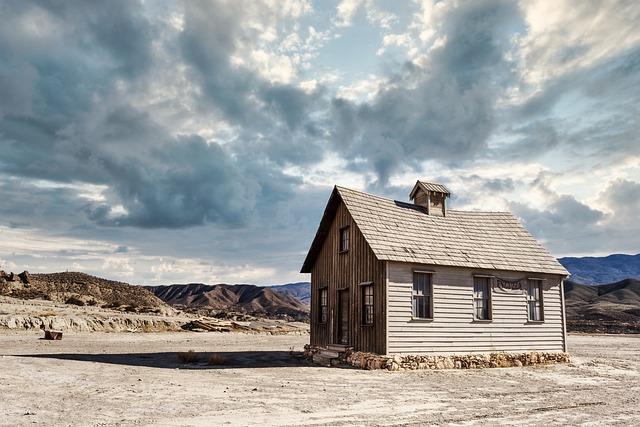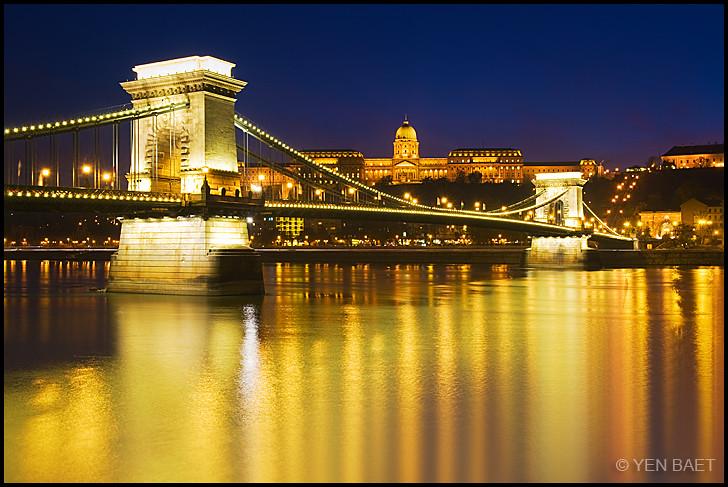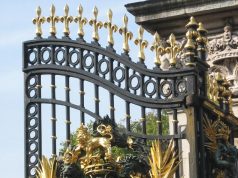Spanning the rivers and valleys of Western Europe are structures that do more than merely connect points of land—they link history with the present, engineering with artistry, and cultures with one another. From the grandeur of the Tower Bridge in London to the sweeping arches of the Pont du Gard in France, each bridge tells a story of innovation, ambition, and the human spirit’s relentless drive to conquer the natural world. This guide invites you to embark on a journey across these iconic marvels, exploring not just their architectural brilliance, but the vibrant tales they whisper to those who tread their paths. Join us as we traverse the heart of Western Europe, discovering bridges that are not only feats of engineering but also profound symbols of connection and continuity.
Architectural Marvels and Their Histories
Western Europe is home to some of the most breathtaking bridges, each telling a unique story of architectural innovation and historical significance. The Pont du Gard in France, an ancient Roman aqueduct bridge, stands as a testament to the engineering prowess of its time. This triple-tiered structure not only carried water across the Gardon River but also connected communities, showcasing the ingenuity of Roman builders. Meanwhile, the Tower Bridge in London, with its iconic twin towers and bascule design, represents the marriage of Victorian engineering with Gothic revival style. It’s not just a crossing over the Thames; it’s a symbol of London’s rich industrial heritage.
- Pont de Normandie: Spanning the Seine, this cable-stayed bridge is a modern masterpiece that highlights the advancements in materials and design, providing a graceful yet robust link between Honfleur and Le Havre.
- Rialto Bridge: In Venice, the Rialto stands as the oldest bridge across the Grand Canal, its stone arches embodying the elegance and resilience of Renaissance architecture.
- Vasco da Gama Bridge: In Lisbon, this bridge stretches over 17 kilometers, a marvel of contemporary design and the longest bridge in Europe, symbolizing Portugal’s progress into the 21st century.

Spectacular Views and Photography Tips
When standing on the cobblestone streets of Western Europe, the bridges offer not just passage but a visual feast for the eyes. These architectural wonders, such as the Pont Alexandre III in Paris or the Tower Bridge in London, create an interplay of history and modernity, framed by breathtaking landscapes. To capture their essence, timing and perspective are crucial. Golden hour—the period shortly after sunrise or before sunset—paints these structures in a warm glow, enhancing their intricate details. Experiment with different angles; a low viewpoint can highlight the bridge’s grandeur, while a side angle may showcase its length and surrounding scenery.
- Lighting: Utilize natural light to emphasize the textures and shadows.
- Composition: Use leading lines to draw the viewer’s eye across the bridge.
- Foreground Interest: Incorporate elements like nearby trees or the riverbank for depth.
- Reflections: Capture mirrored images on water for a dynamic effect.
A tripod is invaluable for night photography, allowing you to capture the dazzling lights and reflections with clarity. Whether you’re an amateur with a smartphone or a seasoned photographer with a DSLR, the key lies in patience and creativity. Every bridge tells a story, and through your lens, you have the opportunity to narrate it in a way that’s uniquely yours.
Best Times to Visit and Seasonal Highlights
When exploring Western Europe’s iconic bridges, timing your visit can significantly enhance the experience. Spring (March to May) offers a vibrant landscape with blooming flowers framing structures like the Pont Alexandre III in Paris. During these months, the temperatures are mild, and the tourist crowds are still manageable, allowing for a more leisurely exploration.
Summer (June to August) brings longer daylight hours, perfect for admiring the intricate details of the Tower Bridge in London or the Ponte Vecchio in Florence. However, this is also the peak tourist season, so expect bustling activity. For a quieter visit, consider autumn (September to November), when the foliage adds a warm hue to the scenery, providing a stunning backdrop for photos. If you’re seeking a unique perspective, winter (December to February) can offer a serene and often magical view of these architectural marvels, especially when dusted with snow.
- Spring: Mild weather, fewer tourists, vibrant blooms.
- Summer: Longer days, lively atmosphere, busy sites.
- Autumn: Colorful landscapes, cooler temperatures, less crowded.
- Winter: Peaceful settings, potential for snowy vistas.

Navigating the Bridges: Accessibility and Travel Tips
Exploring the architectural marvels of Western Europe’s iconic bridges is a journey that promises both awe and adventure. For travelers with accessibility needs, these feats of engineering are often well-equipped to ensure a seamless experience. Most of these bridges feature ramps and elevators that cater to wheelchairs and strollers, making them accessible to all visitors. Public transport options, such as buses and trams, frequently stop near these landmarks, allowing for easy access without the need for extensive walking.
- Check for guided tours that offer insights into the history and design of the bridges, often available in multiple languages.
- Opt for early morning or late afternoon visits to avoid the crowds and enjoy the serene beauty of these structures.
- Don’t forget your camera or smartphone to capture breathtaking views, especially during sunrise or sunset.
- Look for nearby cafes and eateries to enjoy local cuisine while taking in the view.
The Way Forward
As we draw the final curtain on our journey across Western Europe’s iconic bridges, we find ourselves not merely having traversed architectural marvels, but having crossed into the heart of history, culture, and human ingenuity. Each bridge stands as a testament to the dreams and aspirations of those who dared to span the divide, linking not just lands, but the stories and lives of countless generations. From the ancient stone arches that whisper tales of medieval times to the sleek, modern structures that defy gravity and convention, these bridges invite us to pause, reflect, and appreciate the profound connections they forge. So whether you’re an intrepid traveler or a curious soul wandering from the comfort of your armchair, may these bridges inspire you to explore new horizons and embrace the beauty of connection in all its forms. Until the next adventure beckons, keep crossing those bridges, both literal and metaphorical.

































